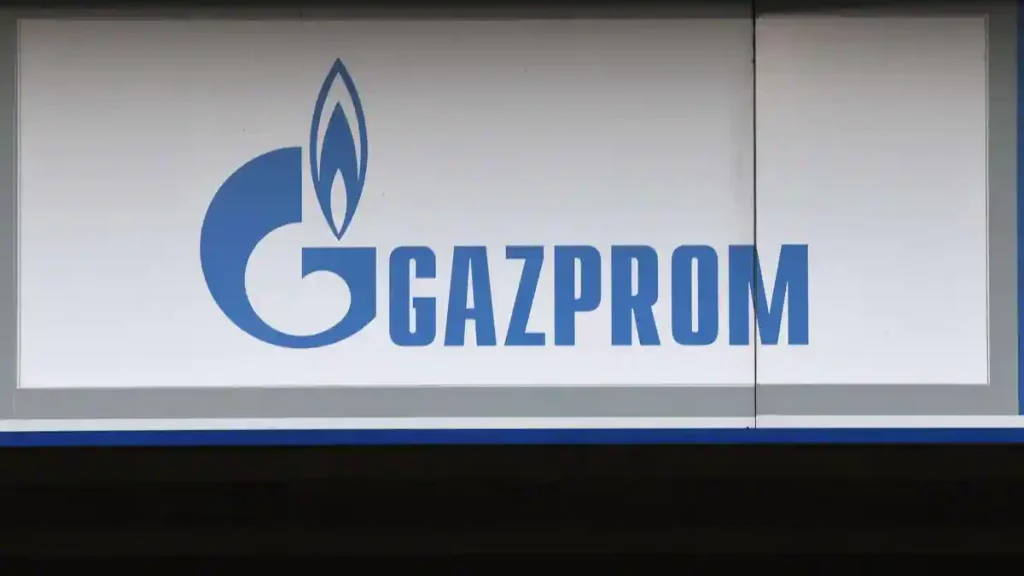
Credit rating agency Fitch downgraded the credit rating of 28 Russian natural resources groups on Saturday, saying “there is a possibility of some sort of default.”
Also read: Spotify draws a line under its paid subscribers in Russia
Also read: What is the default for Russia?
Also read: European Union blacklists 160 Russians and imposes sanctions on Belarusian finance
Fitch reduced gas giant Gazprom, oil company Lukoil, miners Rusal, Polyus, Evraz and 23 other resource companies from B to ‘CC high’, meaning ‘chance’ that these companies would not respect their financial commitments.
Gazprom and Lukoil’s ratings were also downgraded to another high risk level this week, which was not reimbursed by another rating agency, Moody’s.
For the rating agency, the power given by the Russian government to repay the contracted debts in rubles to countries appearing on the list of “enemy” countries compromises the ability of these companies to make timely payments to creditors.
The list includes the European Union, Australia, the United Kingdom, Canada, Monaco, South Korea, the United States, Switzerland and Japan.
The move is part of a series of measures taken by the Russian government and the country’s central bank to limit the fall of the national currency ruble, which has lost half its value since January 1 due to sanctions imposed on Moscow. West after the Russian invasion of Ukraine.
“Tightening sanctions, including restrictions on trade and energy imports, will increase the likelihood of a political backlash from Russia and further weaken its economy, destroying the operating environment of its companies,” Fitch added.
The United States announced on Tuesday that it was imposing sanctions on Russia’s oil and gas imports, similar to the United Kingdom for oil.
In early March, three major rating agencies placed Russia’s long-term credit rating in the category of countries whose repayments could not be repaid due to sanctions. Fitch downgraded its rating further, indicating that the sovereign default risk was “imminent” in its view.
The lower the credit rating, the less trust lenders have in the country and the lower the interest rate at which money can be borrowed.





More Stories
Sportswear: Lolle acquires Louis Garneau Sports
REM is still innovative enough to foot the bill
A trip to the restaurant with no regrets for these customers